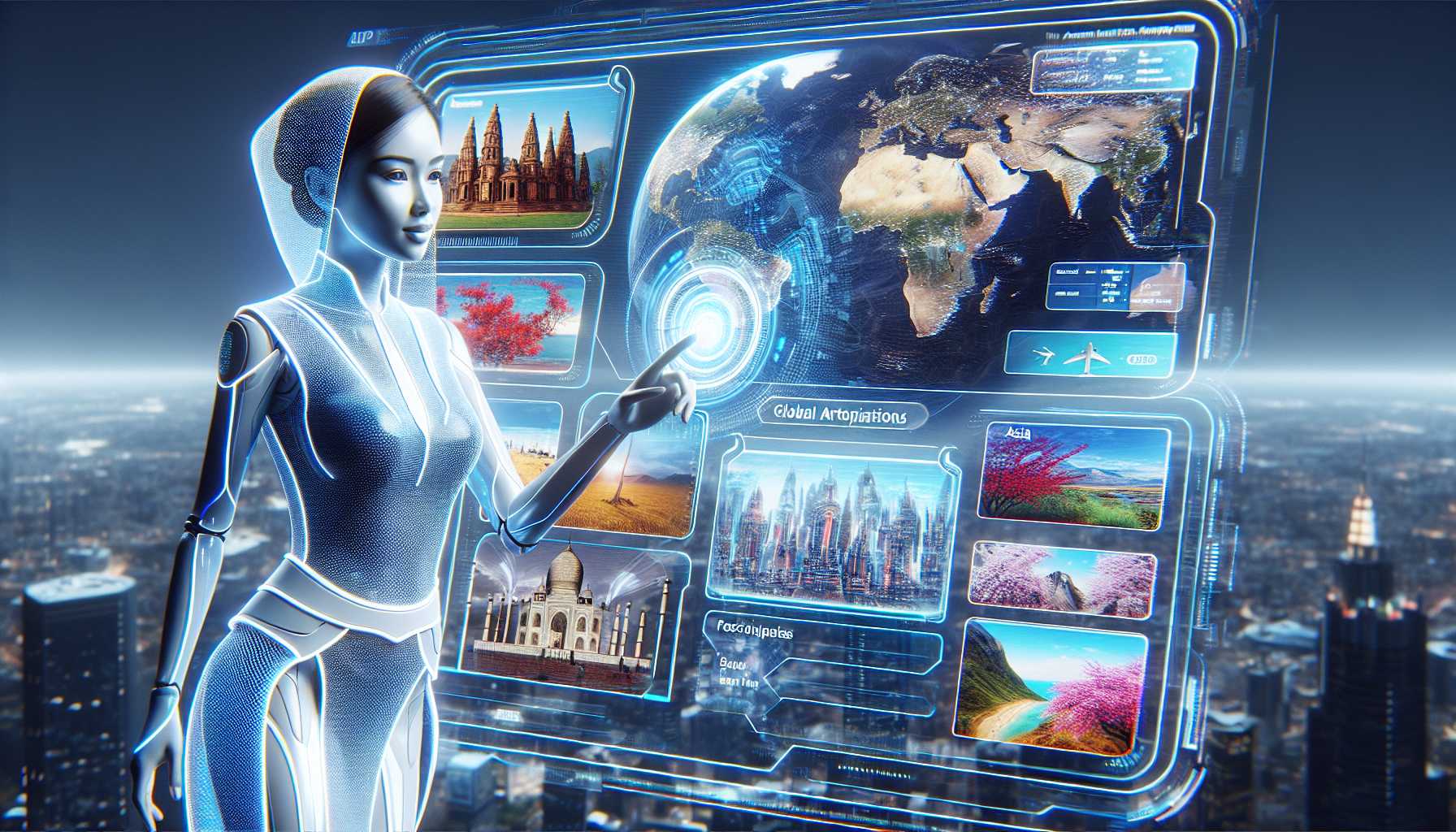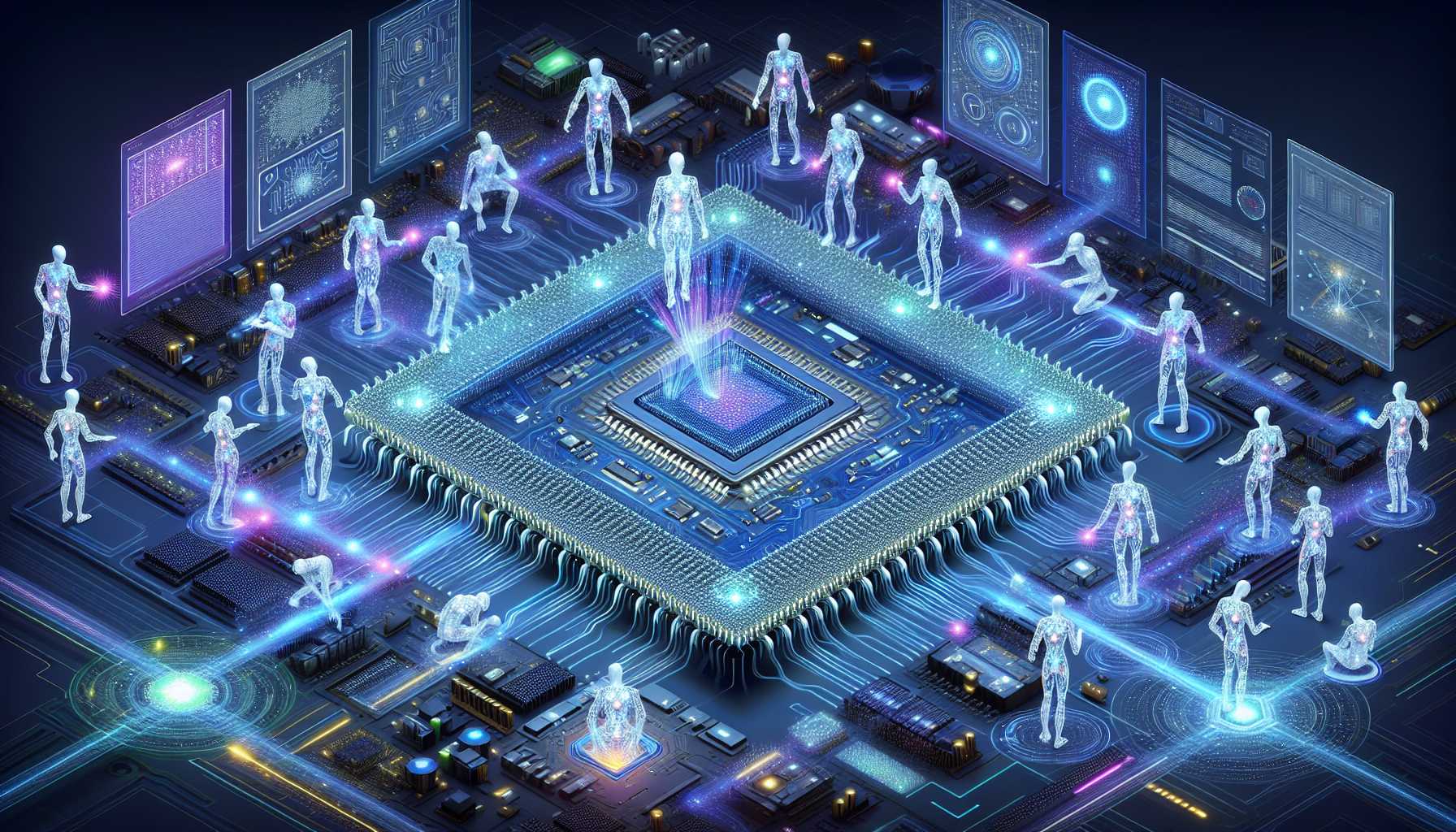The Dark Side of SEO: AI’s Ominous Role in Spreading Misinformation
In December 2023, the tech community faced a harrowing example of AI’s misuse—automated obituaries that erroneously claimed the death of tech advocate Brian Vastag. While his former partner Beth Mazur had tragically passed, AI-generated articles proliferated with deceptive headlines, causing shock and grief among friends and supporters. Despite Google’s efforts to improve its algorithm, the spammy, AI-generated obituaries leverage SEO tactics to dominate search results, often generating revenue through heavy ad placements. What’s particularly chilling here is that these obituaries were not only emotionally detached, but they demonstrate a pressing issue in the digital age: AI’s capacity to generate and amplify misinformation so convincingly that it disrupts people’s lives. The distress caused by these fake articles underscores the need for digital platforms and their algorithms to catch up and address these exploitations of tech. This incident isn’t just a wake-up call for the SEO industry but a poignant reminder that with great power comes great responsibility—especially in the world of AI.
Travel Tech Merges with AI: Layla Acquires Roam Around
On a more positive note, the role of AI in enhancing our lives was highlighted with the acquisition of Roam Around by travel startup Layla. The deal will integrate Roam Around’s AI-powered itinerary building capabilities into Layla’s existing platform, which already leverages vast content libraries to present users with inspiringly unique travel planning experiences. It’s evident from this merger that AI’s influence in the travel industry is only set to deepen, and for a good reason. This isn’t just about convenience; it’s about crafting personalized, meaningful travel experiences that were, until now, the purview of seasoned human travel agents. Seeing AI become the de facto travel planner is a testament to how technology is not just reshaping industries; it’s redefining the very experiences that enrich our lives. However, there remains a challenge to maintaining that human touch that once made travel planning so personal and responsive.
AI as the Catalyst of Historical Enlightenment
In a spectacular feat combining tech and history, AI has proved to be a key in unlocking ancient knowledge. Three computer science students recently used machine learning to translate the Herculaneum scrolls, providing potential insights into classical antiquity that could reshape our understanding of that era. This represents one of many instances where AI bridges the gap between our present and past, manifesting as an enlightening force that deciphers the undecipherable. Yet, it’s not all sunshine in the realm of historical AI. The technology also poses a pressing threat to the integrity of our collective memory. AI’s capacity for creating deepfakes and “writing” history warrants vigilance. It echoes the dual-edged nature of technology where its potential for progress is equally matched by its propensity for manipulation. Such scenarios make the call for stringent regulations around AI-generated content all the more critical.
The Impact of AI on Semiconductor Production
Accenture’s semiconductor lead, Syed Alam, shone a light on the profound impact AI is having on chip design and production. As we grapple with the physical limits of Moore’s Law, AI emerges as a vital tool capable of managing the design of increasingly complex chips—a future where chips with trillions of transistors are a reality. Generative AI’s capability to enhance productivity across industries hints at a profound transformation just on the horizon. Of course, this doesn’t just apply to the production process but the entire semiconductor sector’s trajectory. The marriage of AI with chip design symbolizes a broader technological revolution where AI empowers industries to overcome challenges previously deemed insurmountable. As AI’s role in semiconductor development amplifies, one can’t help but ponder whether we are on the cusp of a new technological renaissance, powered by intelligent machines helping to create their more advanced successors.
Clearing the Virtual Path: The Marriage of AI and the Metaverse
AI’s influence is boundless, and nowhere is this more apparent than in emerging virtual worlds, the metaverse. Across the industry spectrum, from chipmakers to software developers, all eyes are on leveraging AI to create immersive, responsive, and enriching virtual experiences. While companies like Apple showcase a more vertically integrated approach, others, harnessing powerful ecosystem partnerships, could prove just as impactful in shaping our virtual landscapes. It isn’t merely about technology acting in isolation—the collaborative interplay between diverse tech sectors articulated through AI paves the way for grand visions like the metaverse. AI isn’t just building virtual worlds; it’s fostering new collaborative relationships, pushing the boundaries of imagination and technological feasibility, and challenging the narratives of both creation and creator.
In conclusion, our journey through the tech landscape reveals that AI’s influence is as inspiring as it is concerning. Each story reflects a facet of AI’s complex narrative—from its misuse to its potent ability to enrich, enlighten, and empower. The challenge for us as tech enthusiasts, policymakers, and global citizens is to guide its evolution with conscientious governance, fostering AI’s potential while safeguarding against its perils. As we traverse this digital terrain, let’s endeavor to ensure that the legacy of AI is one of triumph, not tragedy.





